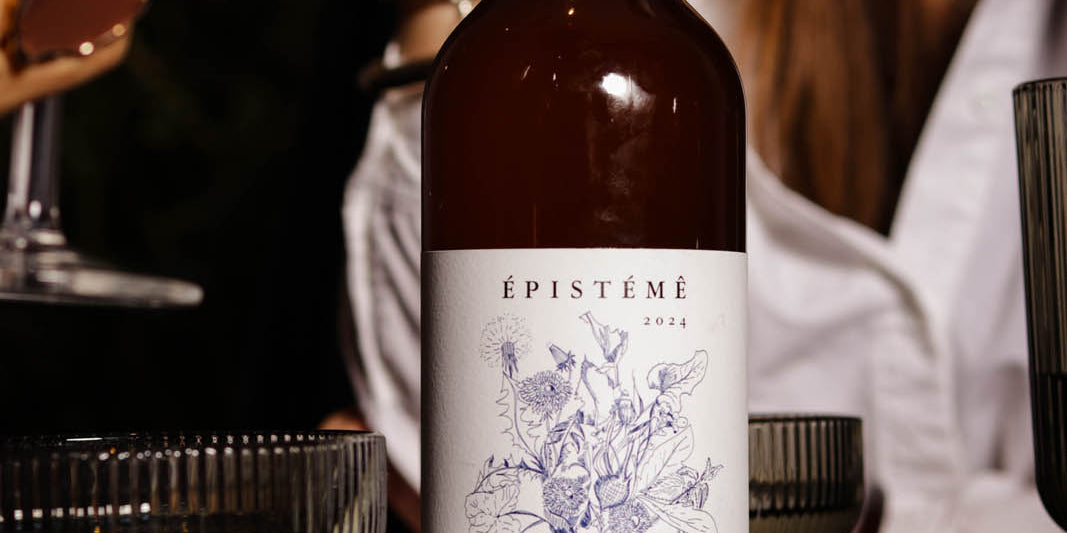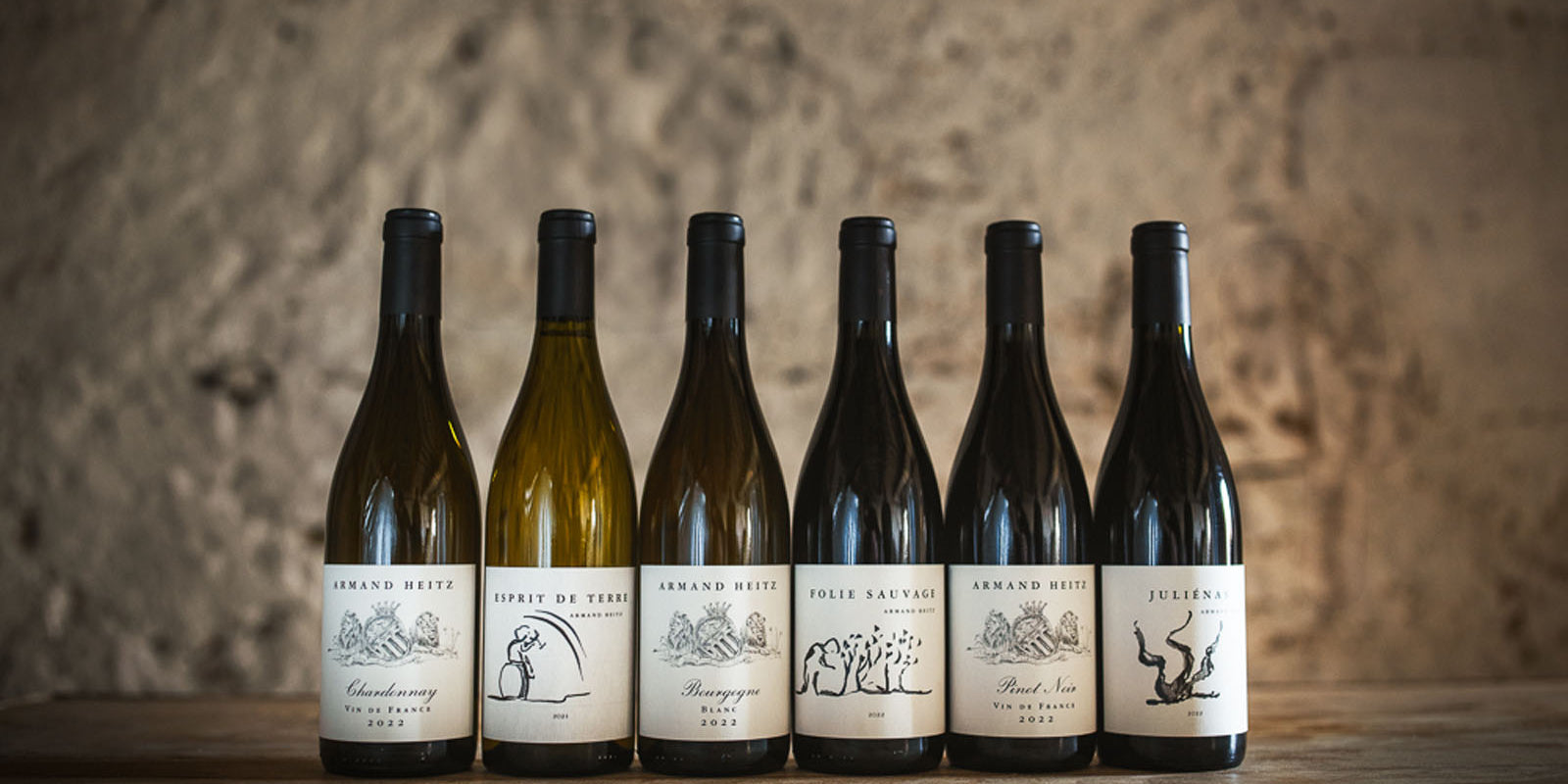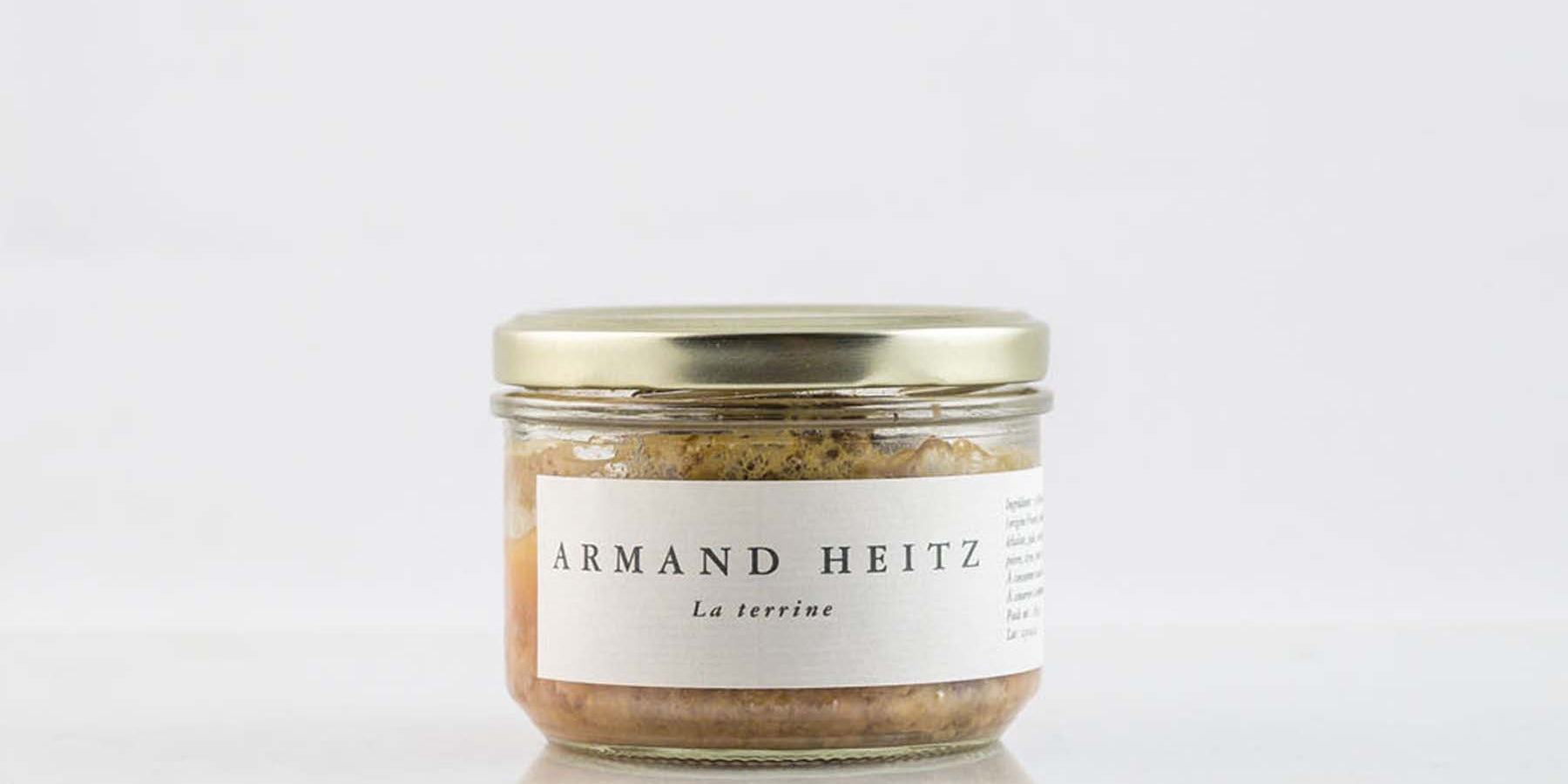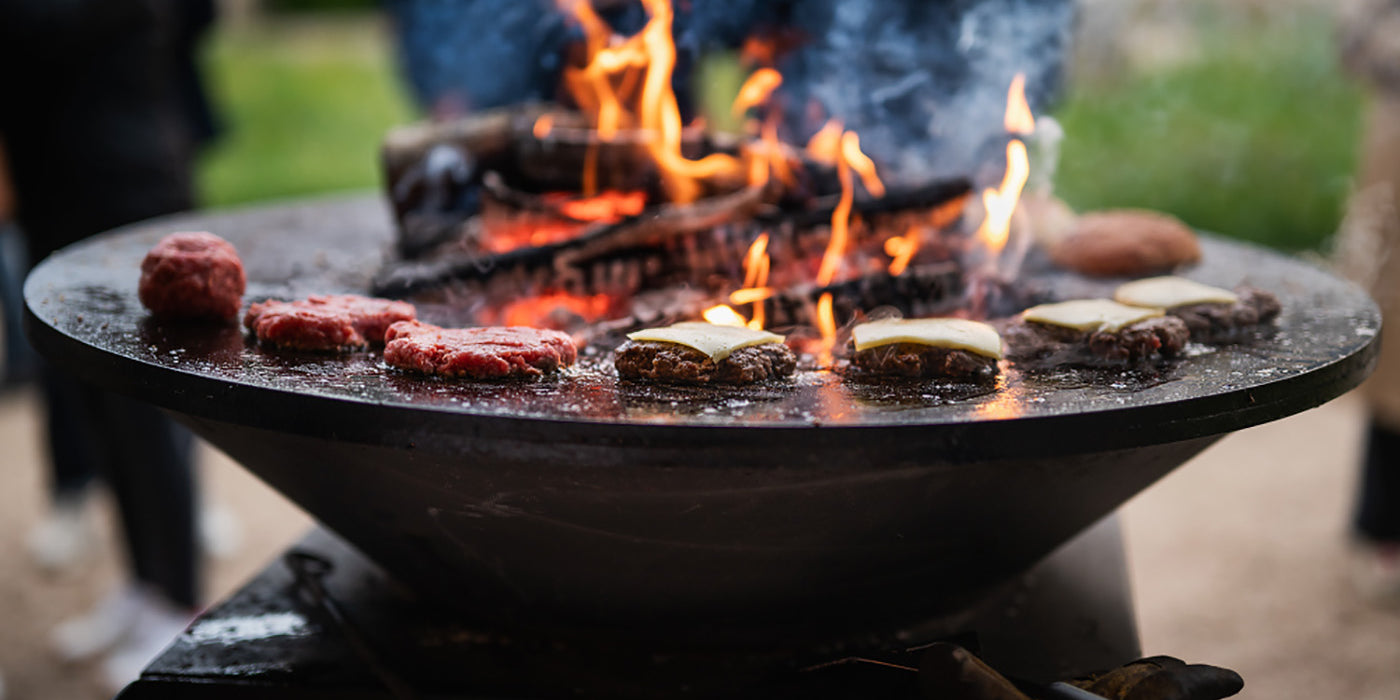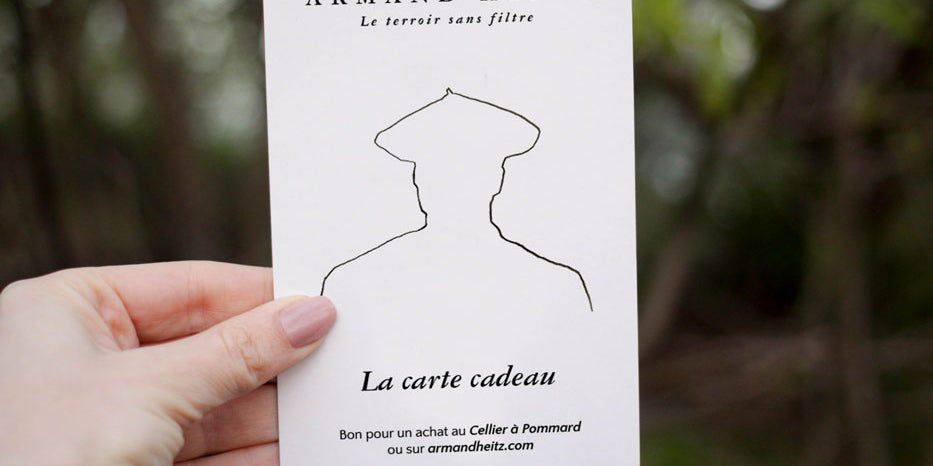What is a farmer to a city dweller? What is a city dweller? What is a countryman? While the media praise a return to local, particularly driven by confinements, have the changes been maintained and do they constitute a real trend? Furthermore, do people realize all the production around them that they do not or almost do not consume?

I have almost always lived in the countryside. I collected my aromatic herbs with my grandmother, I accompanied my grandfather hunting and I helped my mother in the vegetable garden. My studies in the city for several years made me realize the luck and the cultural heritage that I was able to develop and gave me a form of “city sickness”.
Indeed, wherever I lived before, I always tried as best I could, with the means that were mine and those of my parents before, to go to the sources of local productions. Buying milk from the neighboring farm, meat and cheese from the cooperative or from artisans, and the vegetables mostly came from my garden or that of the neighbor. These habits, far from being superhuman, first allowed me to realize that it was not that expensive already, and also that depending on the location, it was within everyone's reach. Then, it allowed me to put faces, people behind the products I consumed.
I knew that through my consumption, I was helping someone make a living from a job they love. Because yes, farmers, peasants and all short circuit artisans are people who are often passionate about their profession but who have difficulty making a living from it. These are people passionate about professions that nourish us, which are essential for our economies and for our lives.

But admitting this, realizing the lives behind the products, tracing where our money goes, means stopping hiding our faces. It's simpler to assume that French farmers make a living from our supermarkets.
Farmers and artisans are subject to stifling standards in the same way as many sectors in France. These standards very often (always) lead to higher prices than mass distribution. However, by consuming intelligently and locally, I assure you that the return on investment is significant.
Indeed, French farmers often have limited production and cannot make a decent living thanks to supermarkets who prefer to source from titanic productions armed with labels that are too expensive and disconnected from any logic, from marketing arguments in short. Consuming in the latter amounts to approving the death of our city centers, of our talents, of our know-how.

Finally, I believe that in France there is still this split between city dwellers and country dwellers, the clichés are tenacious and coming to the countryside for some seems to be an exotic experience populated by funny natives.
The countryside, which has now been modernized, offers new opportunities to local artisans. Only they are capable of distinguishing themselves by combining their know-how and rigor with advanced technologies, to create authentic, quality products. Technology has thus simplified certain production processes, such as milking cows or selling via vending machines. This in no way alters the quality of their products which remain lively, artisanal, unique, unlike the industry which standardizes everything it touches. By combining their expertise with the use of modern technologies, local artisans therefore accentuate their competitive position while perpetuating an essential artisanal heritage.

Today, we have clearly seen that the surge in local consumption caused by lockdowns was only a practical question. Consumption has started to rise again in mass distribution, especially for city dwellers. However, this seems to have inspired a desire to reconnect with the countryside and the local area. According to a recent study by the Cetelem Observatory, 82% of French people say they are ready to pay more to consume local products and 60% of them plan to consume more local products in the next 5 years. If we combine this with the new urban exodus that is taking shape, perhaps we have a first step towards a new, more rational and local consumption, hoping that it is not a simple mirage.
Grégoire Blanc
Photographs © Madeleine de Sinéty
Cover of the book "Returning to the land - The art of living of neo-rural people" Gestalten editions


